By Dr Ryan Li, Adviser, Imperial College London, Global Health and Development Group
 Universal health coverage is about ensuring all people can get quality health services, where and when they need them, without suffering financial hardship. No one should have to choose between good health and other life necessities.
Universal health coverage is about ensuring all people can get quality health services, where and when they need them, without suffering financial hardship. No one should have to choose between good health and other life necessities.
As part of World Health Day, Dr Ryan Li from the Global Health & Development Group who is an advisor for the International Decision Support Initiative (iDSI), which supports countries to get the best value for money from health spending, reflects on a visit to Vietnam and the principles for developing clinical quality standards in Low and Middle Income Countries (LMICs):
I remember very vividly two of the hospitals I visited in Vietnam, during my first field trip as a global health advisor for iDSI. In a central hospital in Hanoi, I saw an acute stroke centre that was spotlessly clean and gleaming with the latest equipment, with specialised stroke clinicians offering a range evidence-based treatments matching Western standards. In contrast, in a district hospital a mere two hours away from the capital city, I saw an elderly woman with suspected stroke who had been hospitalised for two weeks, seemingly not getting any better and not receiving any meaningful treatment (and there was no way to confirm the diagnosis as no brain imaging could be done). There was no question as to which hospital I would choose, if I could, if a relative or I were unfortunate to have a stroke.
The reality is that for most people, there is no choice – those who have the means to access the better hospitals, perhaps simply because they live closer to the city, likely get better treatment. This is unfair. Universal health coverage (UHC) is only truly universal if everyone has fair access to good quality health services, irrespective of where they live, what facilities they have access to, their education, income, religion or ethnic background.
Variation in quality is not a phenomenon unique to Vietnam, but is a reality in health systems across the world – even in relatively well-resourced and well-performing UHC systems such as the UK National Health Service. Some variation in quality may be acceptable, but one reason why unacceptable variation occurs is that there is a lack of clarity across the system about what is best practice.
Quality standards
In a bid to address this variation, the National Institute for Health and Care Excellence (NICE) in the UK introduced Quality Standards (QS): concise sets of statements that describe what is best practice in a given disease area (drawn from existing evidence based guidelines). For instance, what kinds of and how many antenatal checks a pregnant woman should ideally receive; sets out the practical steps required to achieve improvement; and most importantly quantifies the improvement. In essence, QS brings everyone together to identify the top five or 10 things that need improving nationally; and focus efforts towards raising standards in those areas.
Since 2012, iDSI has been working with India, China, Vietnam and Thailand to develop and implement QS as ways of tackling inequalities in healthcare quality; and to raise overall standards in key areas such as antenatal and maternal health, non-communicable diseases (stroke, hypertension, and diabetes) and antimicrobial resistance. We have drawn on our UK and international experience to create a guide to QS, which is now available in the resources section of the iDSI website and on our iDSI Knowledge Gateway.
Thailand, long seen as a success story of UHC, also recognises unacceptable variation in quality among public healthcare providers. In particular, there is now a push to raise and standardise quality in health promotion and disease prevention, beginning with QS in antenatal care. I was privileged to be invited as an international expert to observe and advise on this process. The discussions I heard among policymakers, clinicians and grassroots health volunteers were so rich that I can already anticipate insights and lessons that will go into the next version of the QS guide.
The enthusiasm and expertise of the stroke clinicians I met in the central hospital in Vietnam was unquestionable; the challenge is to sustain those excellent standards of practice and to ensure that all healthcare services across a country can reach those standards. iDSI’s vision is that everyone has fair access to quality healthcare, and we hope that our efforts in introducing and localising the QS model is a small step in the right direction.
Read Taking part in the UHC conversation in full
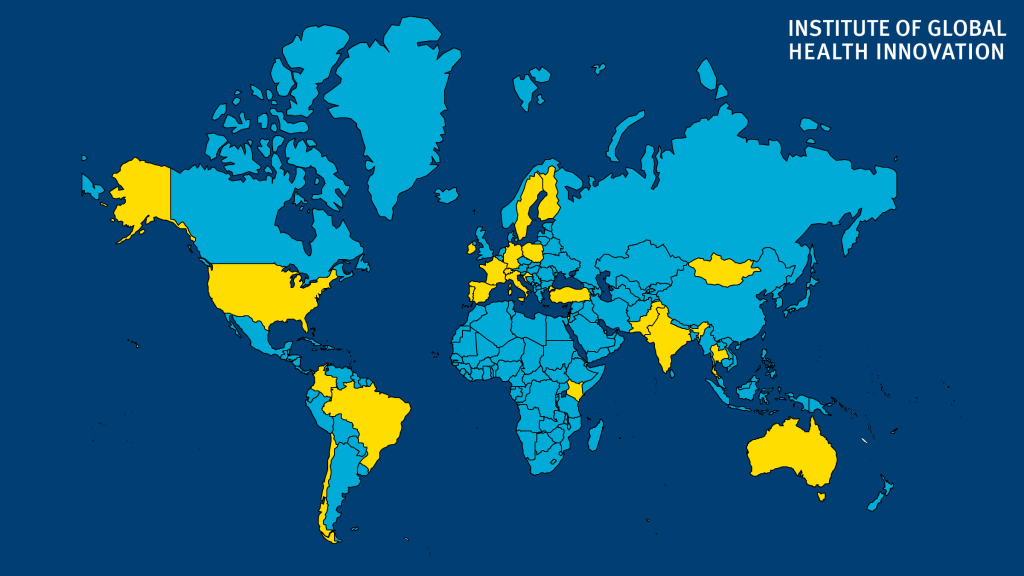
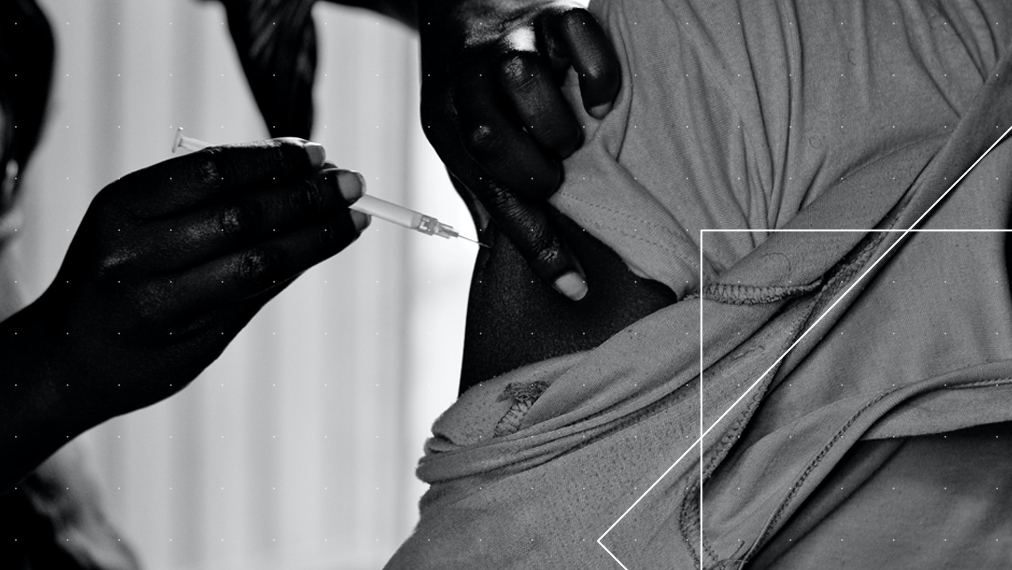


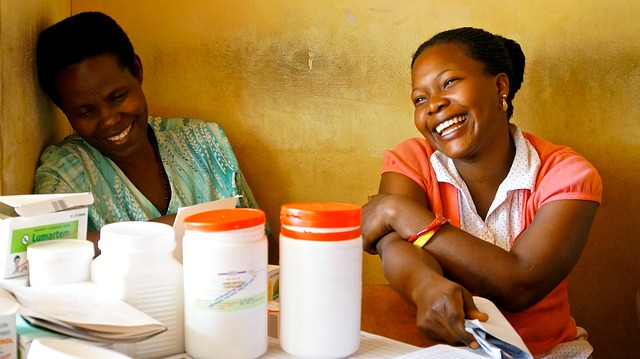
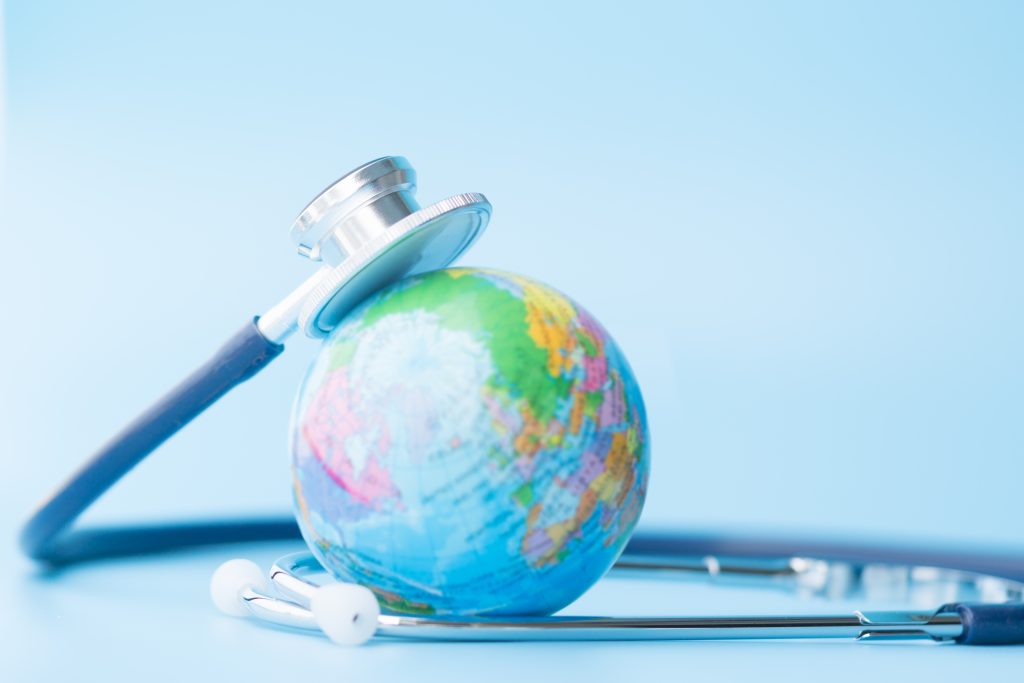

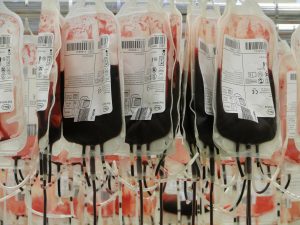 Today mark’s
Today mark’s  Universal health coverage is about ensuring all people can get quality health services, where and when they need them, without suffering financial hardship. No one should have to choose between good health and other life necessities.
Universal health coverage is about ensuring all people can get quality health services, where and when they need them, without suffering financial hardship. No one should have to choose between good health and other life necessities.